|
During the current lockdown, lots of people are walking more than before, and more frequently. New places are being discovered close to home that bring people into contact with nature, and for more lucky people totally immerse them in nature. Hopefully this will be one of the positive outcomes of the lockdown that we keep going on the other side of covid-19. Walking is very, very good for all of us. You don’t have to take my word for it. There’s a book I’d like you to read called “In Praise of Walking” by Shane O’Mara. Don’t be put off by the evangelical sounding title; it’s a fascinating read, very well referenced and backed up by scientific research, all about the astounding benefits of going for a walk. The physical benefits of walking are very well understood. Regular walking brings positive changes in virtually every single measure of health including a drop in body mass index, a reduction of measured body fat as a percentage of total weight, a decrease in triglycerides thought to underlie some forms of heart and cardiovascular disease and an increase in production of heart loving fats called high-density lipoproteins. It works for everyone and the more you walk the more the benefit to physical health. The message is, if you need to lose weight and want to look after your heart, go for a long walk, as often as you can, ideally through nature and ideally build it into your daily routine. Bizarrely, walking also makes us more intelligent. We know this by studies using the Stroop Test, a very simple method of evaluating cognitive performance using words written on paper in different colours. You would have thought that the cognitive demands of standing and walking would reduce the brain’s capacity to do more tasks. This is not the case. Standing and walking improve our cognitive performance, as demonstrated by the Stroop Test. Most of us who walk regularly understand this very well. We often think more clearly when we are walking, engage in interesting discussions and have our most creative thoughts. Philosophers have often commented that they can only think when they are walking. Not only does walking improve the performance of our brains, it strengthens the physical structures of the brain. Studies on old people have shown that regular walking can reverse the effects of aging on the brain, making it two years “younger”. Simply by going for a walk, we make our brains stronger and more effective. However, the most important benefit of walking is that walking in the natural environment has profound restorative effects on our wellbeing. “Attention Restoration Theory” tells us that the human experience of the natural world markedly assists in maintaining and fostering a strong sense of subjective wellbeing. Modern day life in our urban, man-made environments, increases mental fatigue, stress and anxiety. Restoration of feelings of calm, relaxation, revitalisation and refreshment can be achieved by spending time in a natural environment. For it to be most effective, a natural environment should have three critical elements;
Going for a walk is perfect! Removal from Normal Life I’ve often said to people, walking is like meditation. We are removed physically and mentally from our everyday lives. We get so involved in the moment, in the activity and its demands on us, that we very often forget all about our normal worries and anxieties. The more we are challenged by the activity, the less cognitive bandwidth we have for anything else. It’s only when we get back home that we remember about the outstanding bills, the anxiety caused by our work or any number of things that cause our mental fatigue. Fascinating Sensory Elements It’s really obvious that our landscape is full of astounding visual and sensory elements that are fascinating, beautiful, full of wonder and surprising. Over the last few years I have increased my knowledge of the natural environment massively, especially through projects such as The North Face Survey on Ben Nevis. It’s also clear to me that there is a never-ending supply of new knowledge to gain, new insights to understand and new things to see. This understanding of the very small things in our landscape makes my enjoyment of the vast scale of the landscape even more rewarding. It Should Be Expansive By exploring the landscape that surrounds us in Scotland we get to feel the immense scale of the landscape, the power of the weather, and the never-ending nature of wildness, that can give us a proper sense of scale. On a walk in Glen Nevis, when I find a stone with stripy layers that are bent and contorted I think of the age of the rock and the scale of the forces that resulted in this small stone. The rocks of the Mamores are about 800 million years old. Homo sapiens (us, the human race) evolved about 200,000 years ago making the Mamores 4000 times older than us. The Mamores were south of the equator back then and they have drifted up to where they are now moving at the same speed that your thumbnail grows. They were 10,000m high at one point, higher than Everest is now. The pressure on my stone and the heat required to metamorphose it into the rock it is today were provided by the weight of the mountains and the heat from the Earth’s centre towards which it was pushed. Not everyone is into geology but just with this little bit of knowledge we can get a proper sense of the scale of our landscape and the age of the planet. It is a good reminder that each of us is not at the centre of things with the world revolving around us. We need to learn some humility and to take responsibility for ourselves. This is surely the expansive nature of the experience that is required to make its restorative effects most profound.
This is why I am passionate about spending time on our mountains. It maintains our physical health, it restores our mental health and it can have a profound influence on our spiritual well-being. It can counter the self-centred focus that modern day life has on us all. In these days of global climate change, an obesity epidemic, mental ill health and disconnectedness from nature, one solution is simple. Go for a walk, preferably a long one and immerse yourself in nature!
0 Comments
Your comment will be posted after it is approved.
Leave a Reply. |
AuthorMike Pescod Self reliance is a fundamental principle of mountaineering. By participating we accept this and take responsibility for the decisions we make. These blog posts and conditions reports are intended to help you make good decisions. They do not remove the need for you to make your own judgements when out in the hills.
Archives
March 2024
|
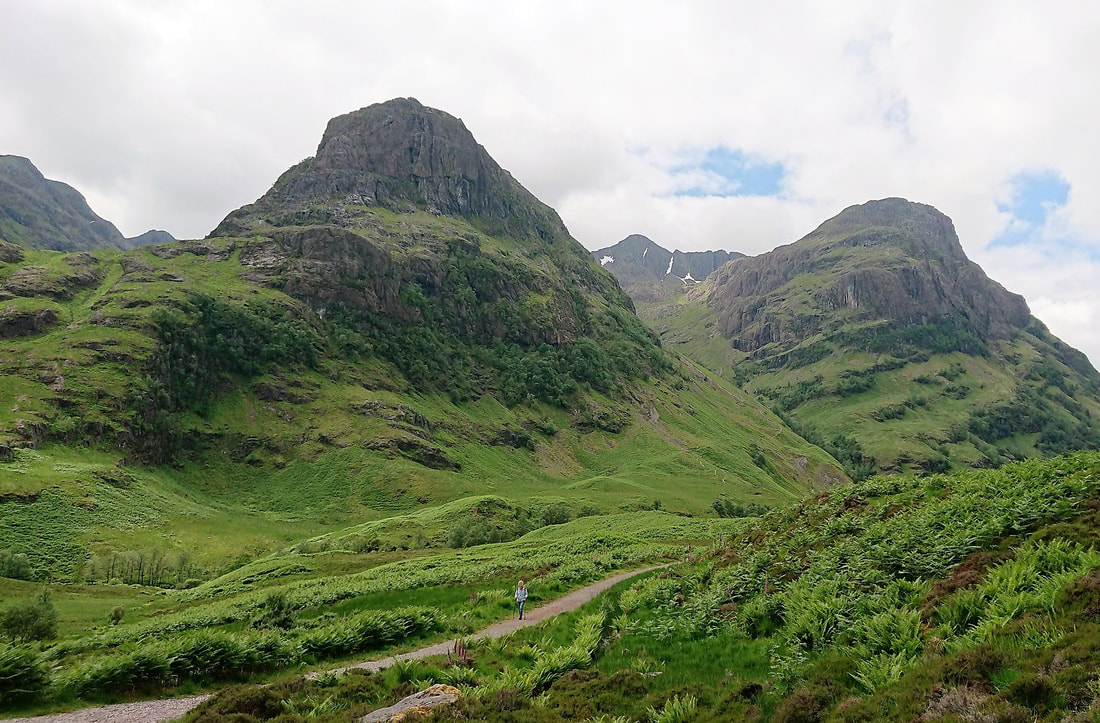
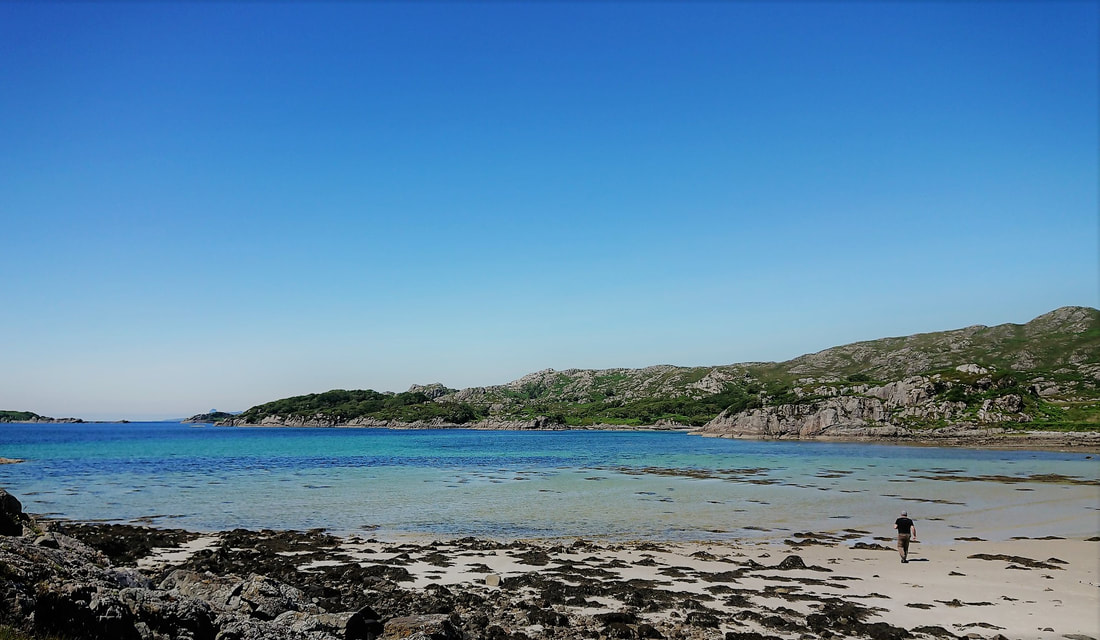
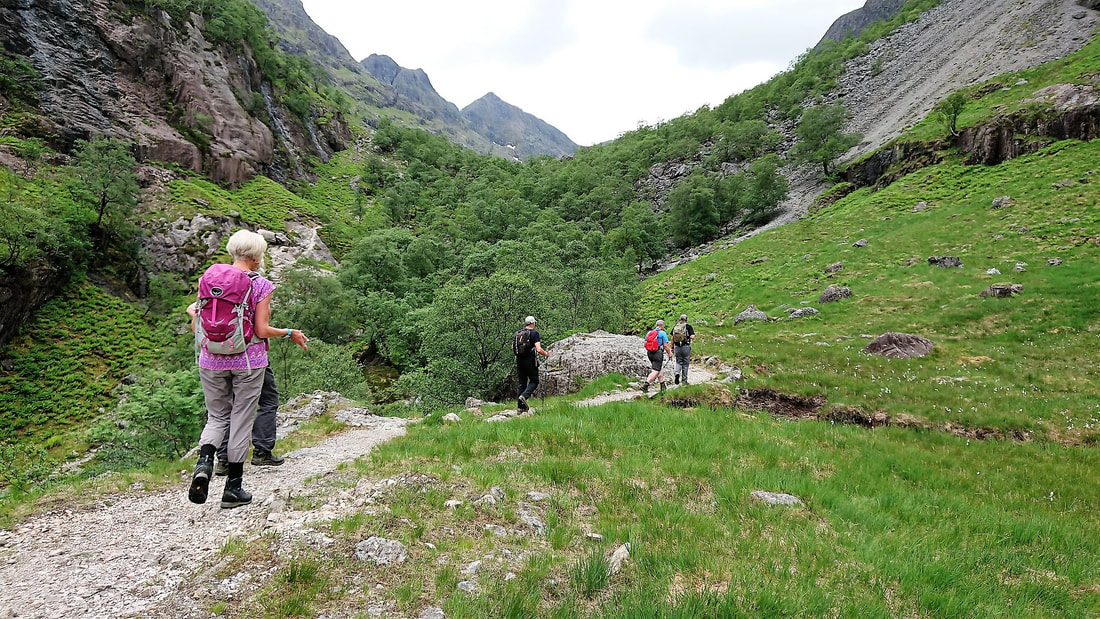
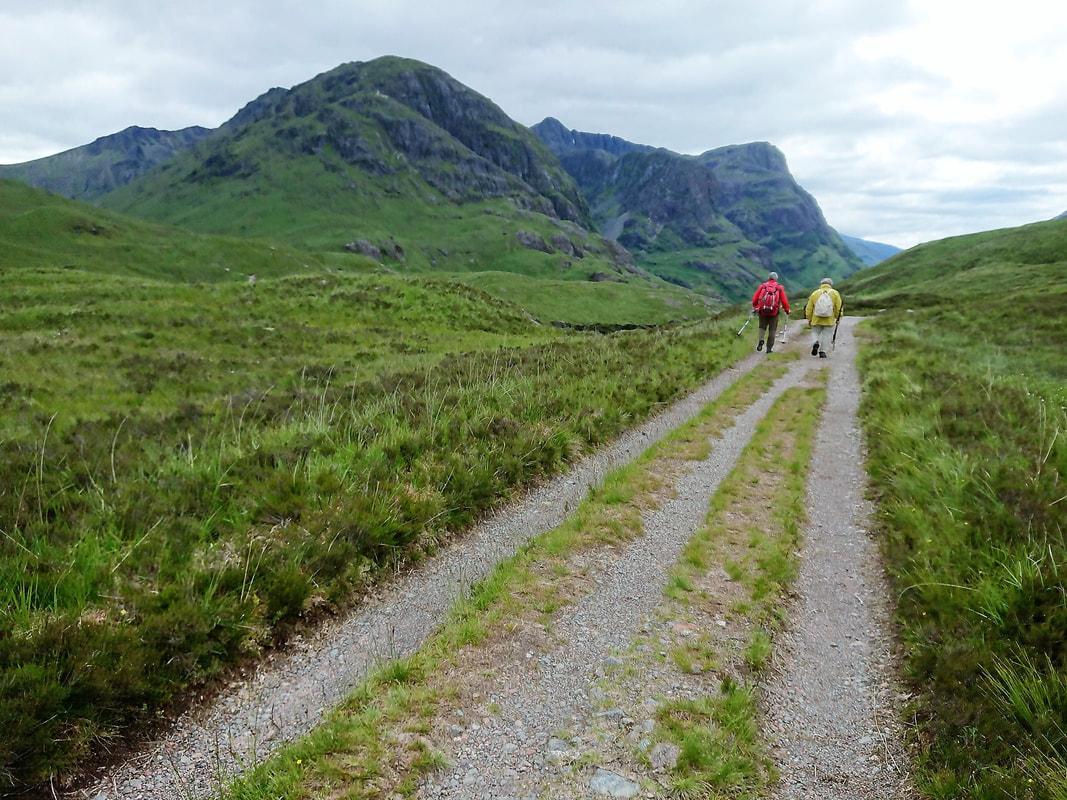
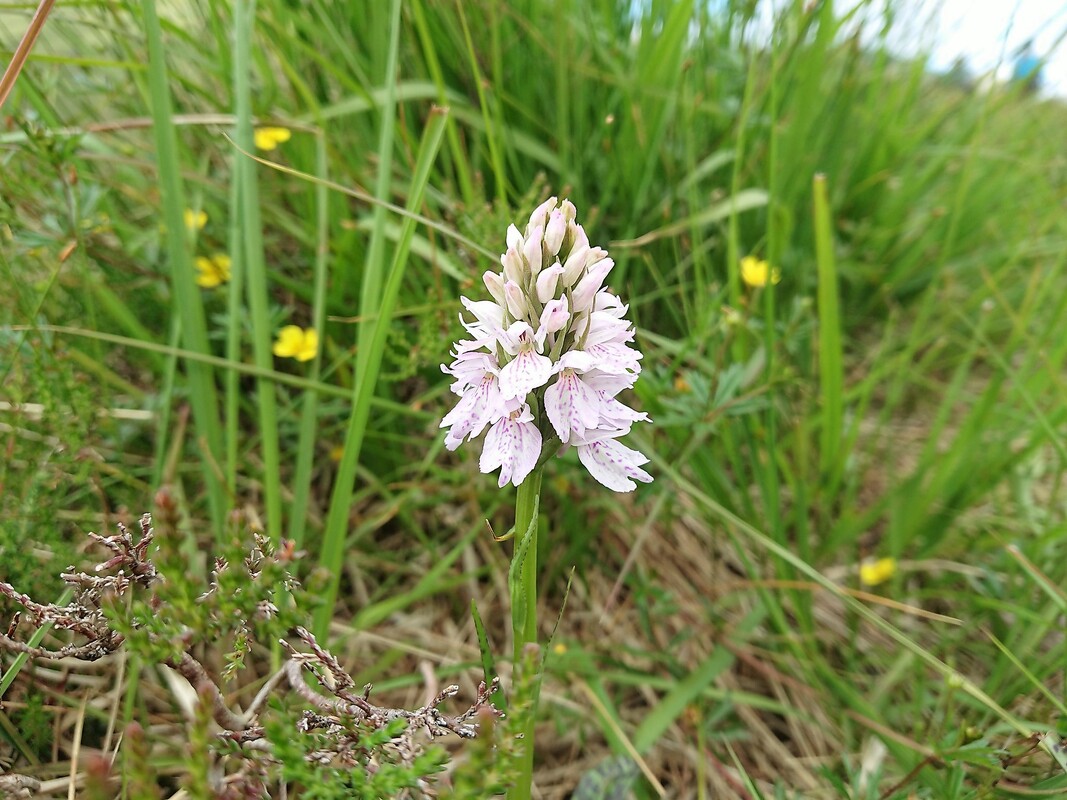
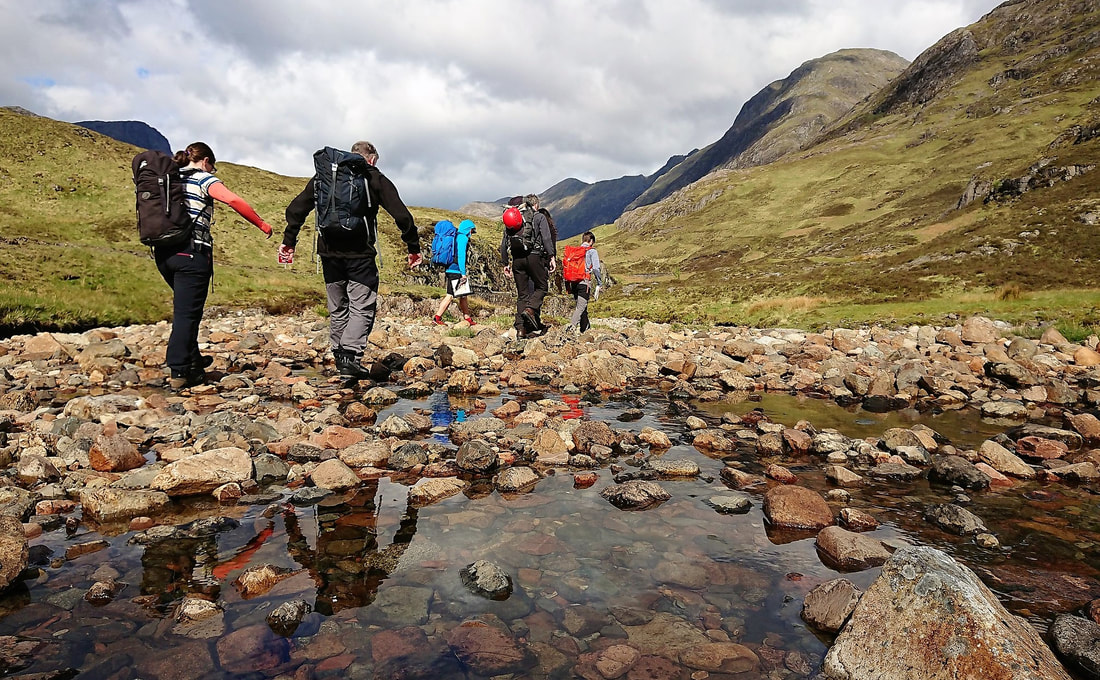
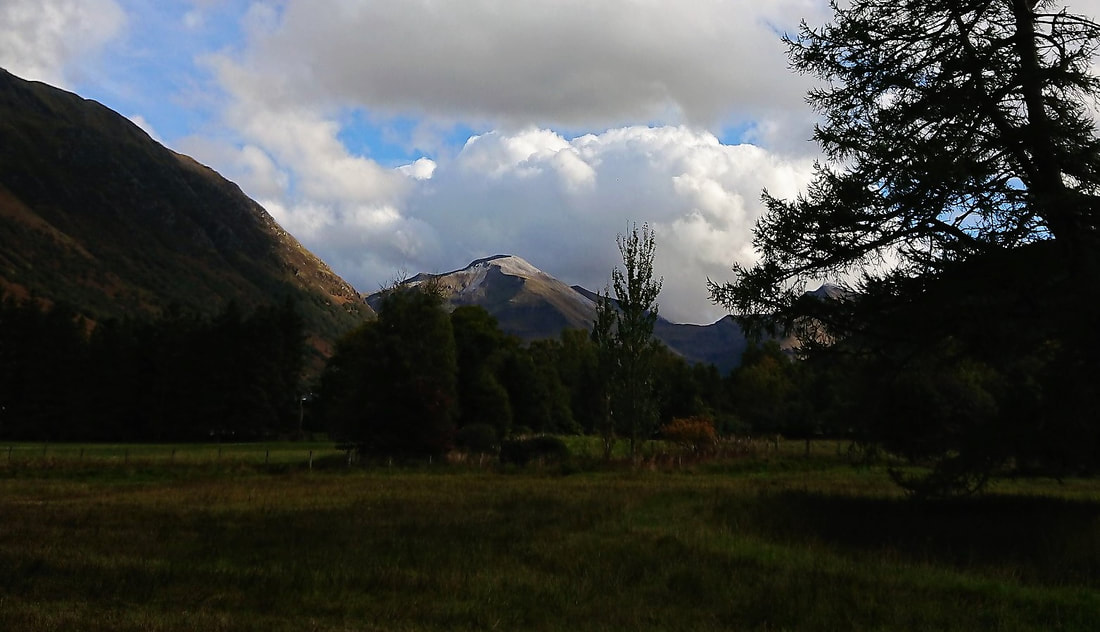
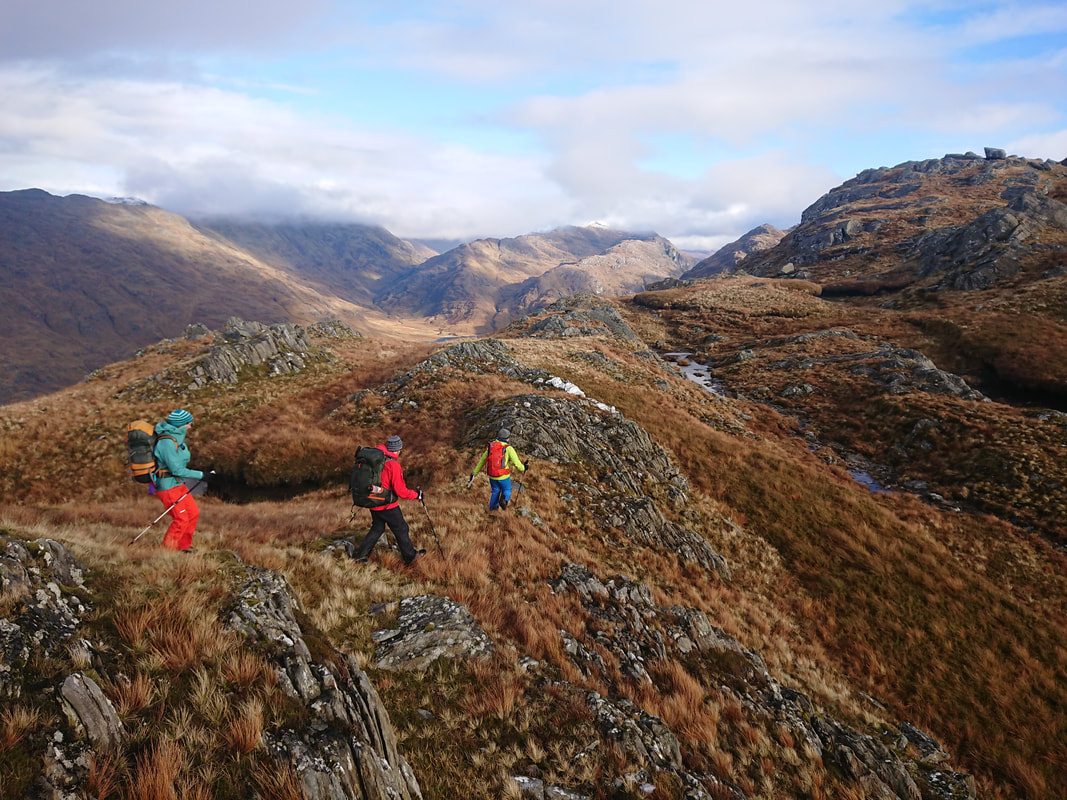
 RSS Feed
RSS Feed
